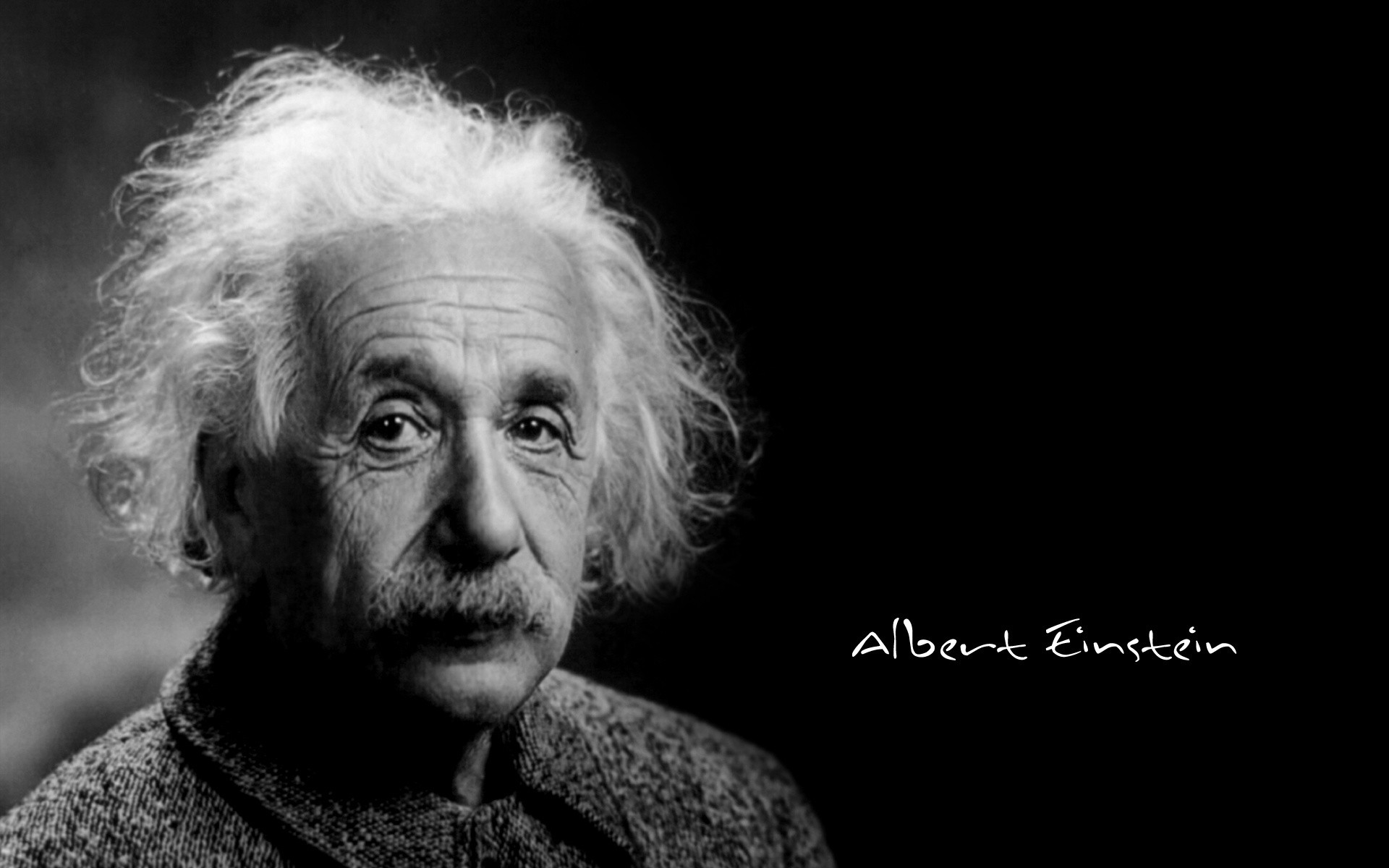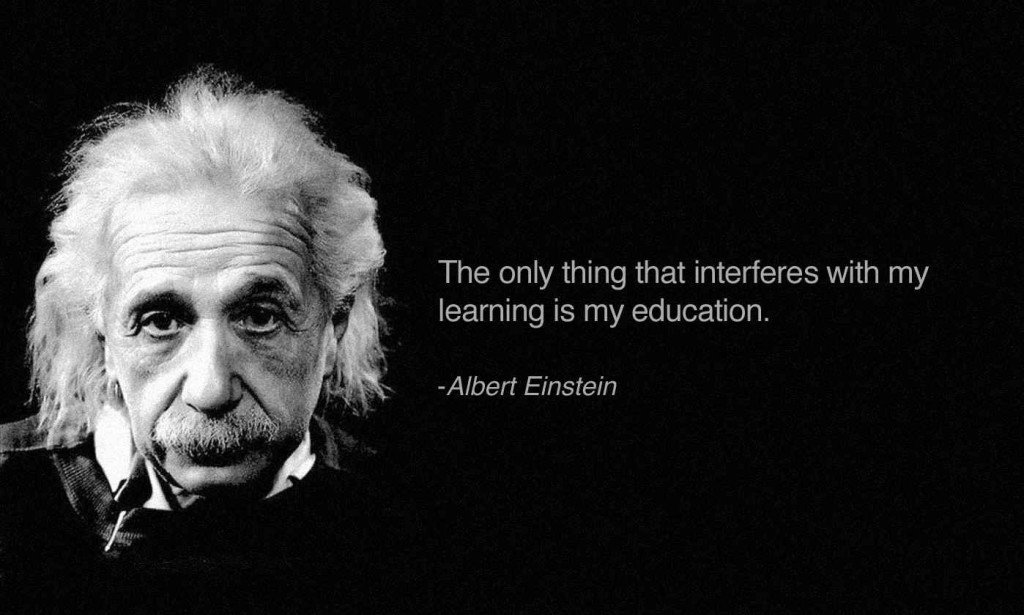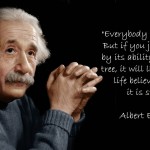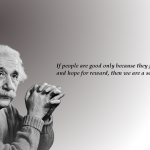A short biography of Albert Einstein
Born in Ulm – Wurttemberg, Germany on 14th March 1879 to Hermann Einstein and Pauline Koch, an engineer father and a homemaker mother, Albert Einstein was an inquisitive child, to say the least. He attended school in Luitpold Gymnasium, Munich, but felt alienated most of the time as he found it hard to adjust to the didactic teaching style and also had some speech defects. He was deeply interested in classical music and also started playing the violin at an early age.
In the late 1880’s, Max Talmud, a Polish medical student and a family friend, became an informal and delightful tutor to young Albert. He presented to the young inquirer a children’s science text that made Albert inquisitive about the nature of light and inspired his first major paper “The Investigation of the State of Aether in Magnetic Fields”.
Albert’s family moved to Italy in the 1890’s but he was left behind to complete his education in Munich. When he came of age, he was faced with compulsory military duty which he escaped using a doctor’s note of nervous exhaustion. He dropped out of his classes and re-joined his family in Milan. His parents were worried since their son was now a school dropout and a draft dodger. However, due to his excellent mathematics and physics abilities, he secured admission in the Federal Polytechnic School, Zurich. This is when he gave up his German citizenship and became a Swiss citizen at the turn of the new century.
In 1902, Einstein started working at the Swiss Patent office as a clerk and this is where he finally found the time to work on his first breakthrough. In 1905, also known as the miracle year, Einstein published 4 major papers on the photoelectric effect, Brownian motion, the theory of relativity and the matter-energy relationship, giving physics a whole new direction. In his fourth paper, the equation E=mc2came into being where he proved that small particles could be converted to huge amounts of energy, paving the way for the atomic power. Max Planck, the famous quantum theorist, backed his assertions.
In the November of 1915, Einstein completed the general relativity theory which allowed for a more accurate prediction of planetary orbits around the sun, which fell short in Isaac Newton’s theory. His assertions were affirmed via observations and measurements by British astronomers Sir Frank Dyson and Sir Arthur Eddington during the 1919 solar eclipse, and thus a global science icon was born which led to Einstein winning the Nobel Prize in Physics in 1921.
In the mid-1950’s, the Nazis, led by Adolf Hitler gained prominence and influenced the other scientists to label Einstein’s work as “Jewish Physics”. Jewish citizens were barred from jobs and universities and Einstein was targeted to be killed.
This is what caused him to move to New Jersey and take up a job at the institute for Advanced Study at Princeton. He was granted residency and became an American citizen. During WW-II, he worked in the navy based ships and donated money by auctioning off manuscripts worth millions.
After the war, Einstein continued to work on his unified field theory and key aspects of the theory of general relativity, like wormholes, time travel, black holes etc.
On 17th April 1955, Einstein suffered an abdominal aortic aneurysm but refused surgery. He left the world the next day leaving behind a huge scientific legacy.









